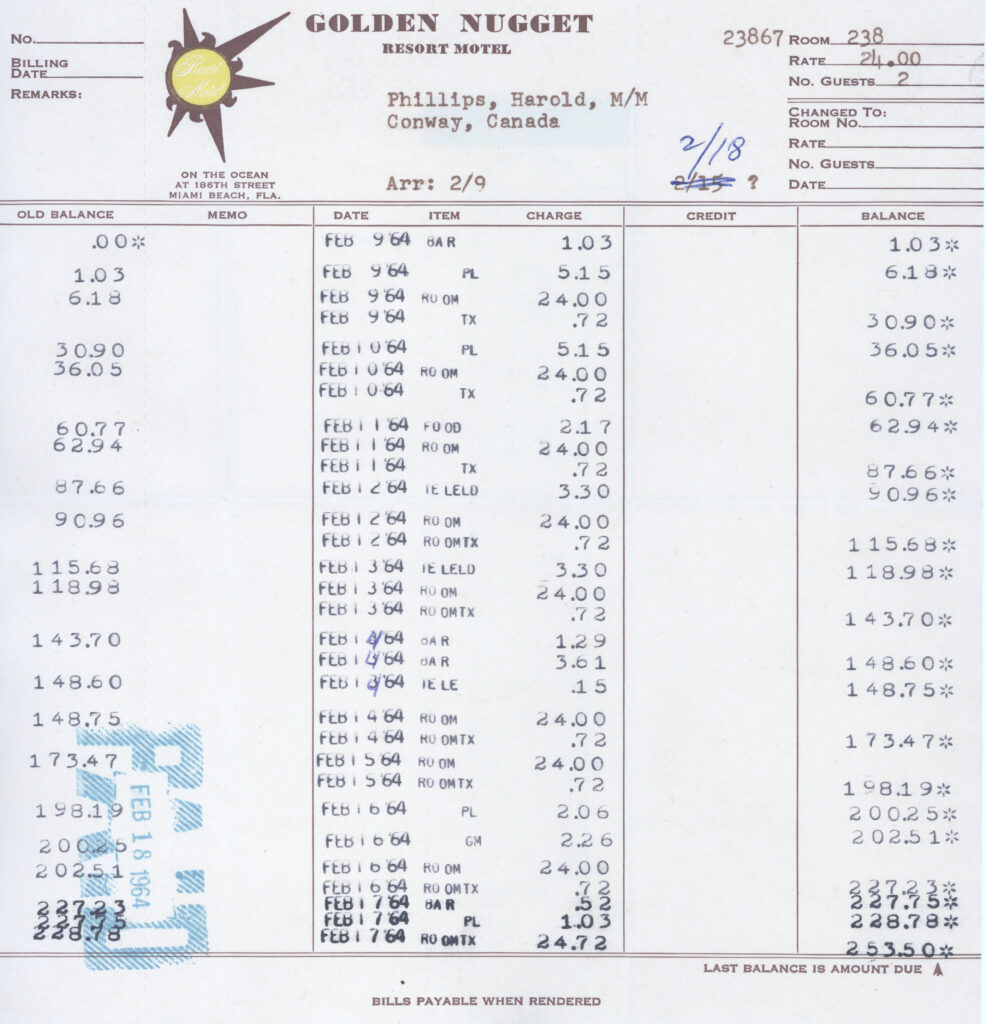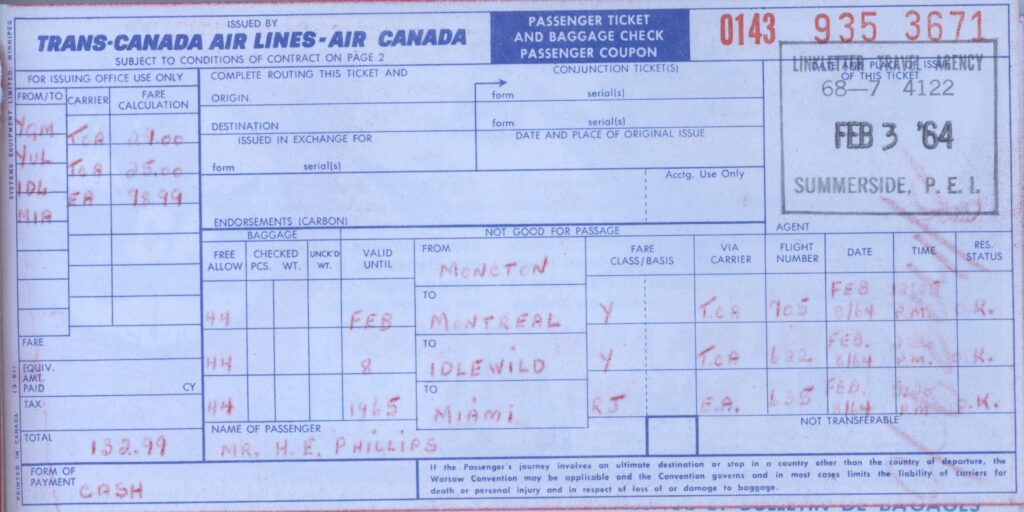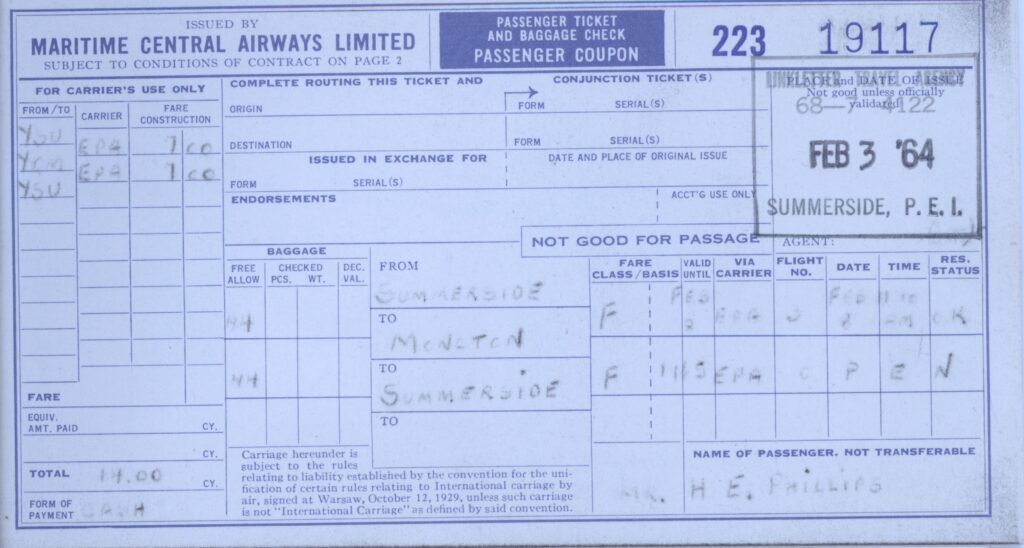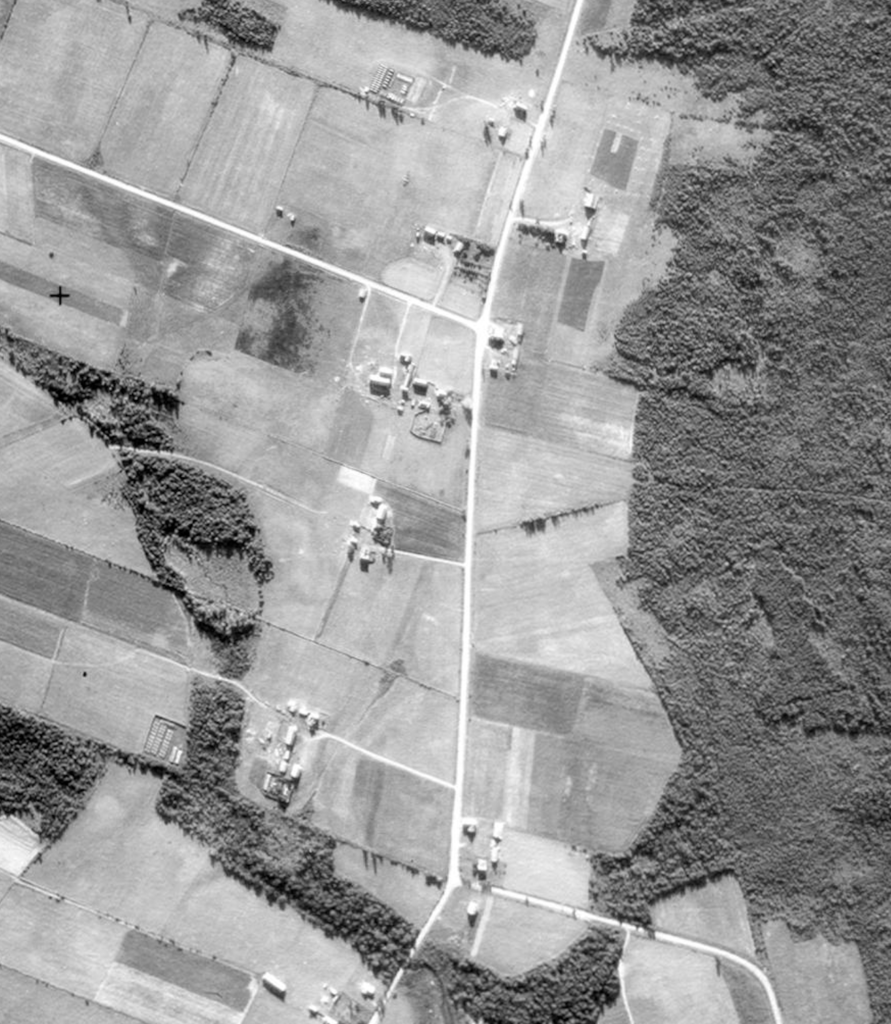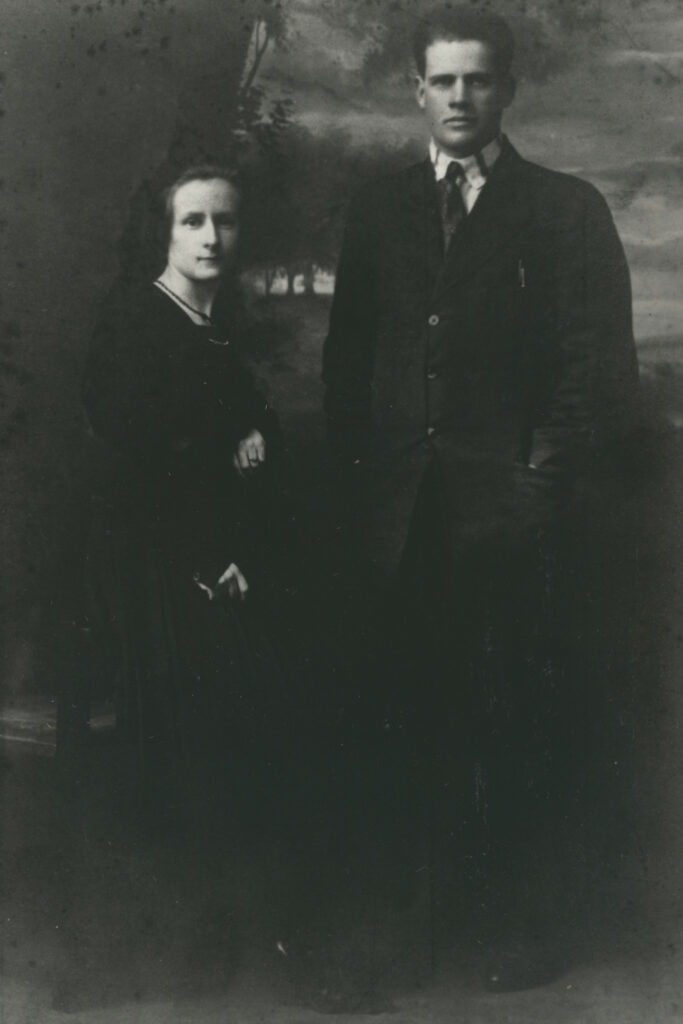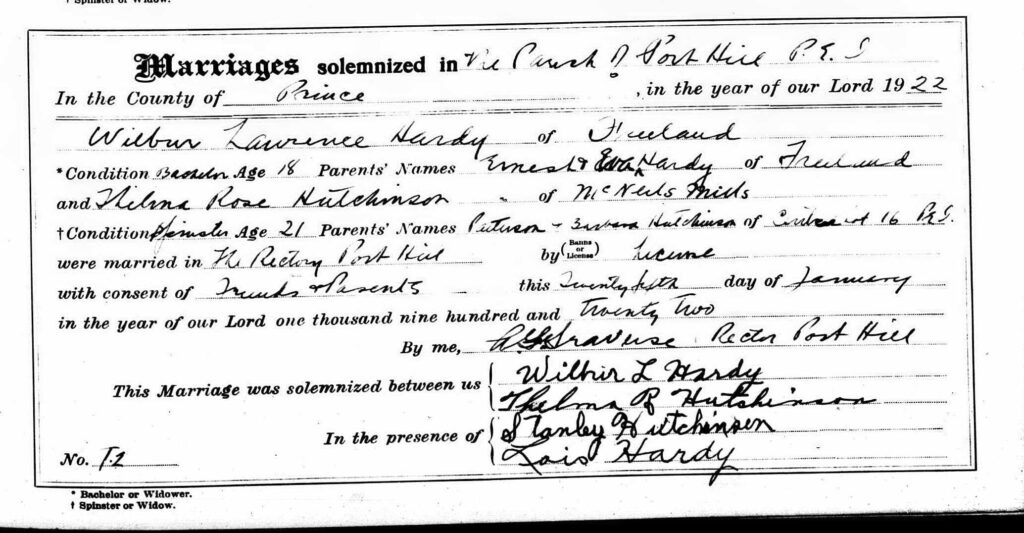This story I found last month was a tale lost to my branch of the Phillips family.
My great-grandfather, Thomas Henry Phillips (1851-1924), was a farmer in Ellerslie, PEI. He and his wife Agnes had nine children, who all lived well into their adulthoods with the exception of my grandfather Alvin (1890-1936), who died of appendicitis. Alvin took over his father’s farm and the other four sons left Ellerslie, one to become a merchant in Summerside and three to the O’Leary area to farm and, it seems in the case of Forrest, to eventually enter provincial politics.
The names of the other characters in this tale of 19th century perilous winter travel are still common names in our area with the exception of Price. I found a Jesse Strang Price (born Bedeque, PEI, 1831 – died Green Forest, Carroll County, Arkansas, 1916), married to Mary Ann, who had a son John born 1864, the eldest of his five children, all of whom were born in Ellerslie between 1864 and 1874
It appears that Price family moved to the US, perhaps to escape the dangerous winter weather, who knows. One genealogy website I found said John Price drowned in the Arkansas River on June 5, 1916, aged 52, and it seems Jesse died later that month on June 28 at age 84, which would be a rather heartbreaking coincidence as they both risked dying together on a frozen Canadian bay so many years earlier.
The columnist, Frank MacArthur, was a prolific contributor to the Guardian in the mid part of the 20th century and later published a book about PEI legends.
Pioneer Days In P. E. I. by F. H. MacArthur
Charlottetown Guardian, April 12, 1950
Tales of ice travel are always thrilling and the adventure which befell a party of Ellerslie and Tyne Valley folk almost one hundred years ago is one of the most exciting. It is still told from Ellerslie to Richmond Bay and no matter how often it is retold, it still grips and holds the listener.
Jesse Price and his son John, William Ford, Thomas Burleigh and Thomas Phillips of Ellerslie, with William Ellis and son, and “Billy the Duke” of Tyne Valley, and a couple of teen-aged youngsters, had loaded their sleds with timber gleaned from the surrounding forests. Their destination was Malpeque. The timber was for the shipyards. Ellerslie folk supplied a good deal of the lumber used at Malpeque, Darnley and Princetown. In return for the lumber the settlers got flour, groceries, fodder, and their spring seed – the old trade and barter system was then in use.
Our story opens on a certain day in the month of March. Their journey, a distance of twenty miles, had to be traversed by ice. The little party set out before daylight with the expectation of being back home early that same night. The party reached Malpeque without mishap, unloaded their lumber and secured a good supply of provisions for themselves and their livestock. This occupied considerable time and when they reached the ice field for their return trip one of the men, Thomas Phillips, father of F. W. Phillips, speaker of the House, had failed to join the others. After waiting on the shore for nearly an hour they decided he must have gone on to Summerside to spend the night at the home of a friend.
Already the sun had sunk to rest behind a great cloud bank, and a strong gale was sweeping across the country. There was every indication of a big storm. Now the farmers pointed to the sky, spoke of the wind, and the dangerous spring-holes that lay along their route of travel. On more than one occasion these spring-holes, often too wide for the horses to jump, had to be bridged with the bottom of their sleds or anything they come by. More than one unlucky traveller had plunged into the cold waters, and more than one valuable horse had perished in this manner during the height of a storm. Before half the distance had been covered the blizzard burst upon them in a maddening rush that promised to scatter them like Autumn leaves. “Better rope the sleds together,” advised Price, “then we can let the horses have a free rein and trust to luck.”
The animals were used to crossing the ice and their owners had the feeling that, left to themselves, they would be able to keep the trail. But they had not reckoned on such a storm, and after bravely facing it for a time, even the faithful horses became hopelessly confused, lost their way and went around in aimless circles. Not a man among them could tell one direction from another. Finally, they decided to camp where they were.
It would be sure folly to risk their lives as well as the lives of the horses on such a night. So all hands got busy. The loads were placed in such a position as to form a circle and chained together to prevent their being blown apart. Now the animals were taken from the sleds and led into the circle.
The wind meanwhile, tried to demolish them root and stem. The snow came down in great white blinding masses that fairly sucked the breath from the men’s lips and bullied the two twelve-year-old children till they cried loudly.
In spite of the barricade the party spent a hectic night of it. In order to keep the children from freezing a considerable quantity of hay was twisted into long thick ropes and put to the torch. The twisting was to keep it from burning too fast.
At last the dawn broke. Over fifteen inches of snow covered the landscape. The wind had not abated and the air was thick with its white madness. Not till noon did they get their bearings. The land which poked its head above a mound of snow they recognized as Low Point.
Towards noon the wind suddenly ceased its wild play, and the little group of adventurers were able to reach their homes in safety, though twenty-four hours late.
Thomas Phillips had not gone to Summerside as his neighbors thought. He was delayed in getting his load which happened to be seed grain, so when he came to the shore and found the others had pushed on he decided to do the same thing. Into the teeth of the storm he ventured but finally he too was obliged to give up. He decided to take refuge on one of the small islands in Richmond Bay. But unlike the others he had no shelter and after tramping around in the deep snow for a couple of hours – it was too cold to remain long in one spot – he hitched up his shivering steed and again pushed forward. Lady Luck was with him and he reached home safe and sound. But when the women-folk of the tiny settlement saw his ghost-like form approaching through the drifts their hearts skipped some beats. And no wonder, for they thought the others had perished.
This story was sent in by Sanford Phillips of O’Leary who informed your correspondent that the last survivor of that ice episode, Mr. Thomas Burleigh, passed away quite recently in his late 90’s.


